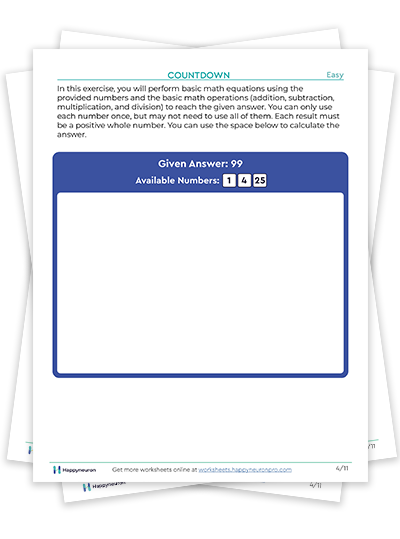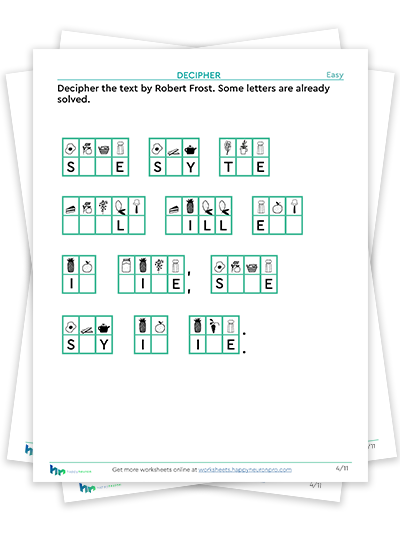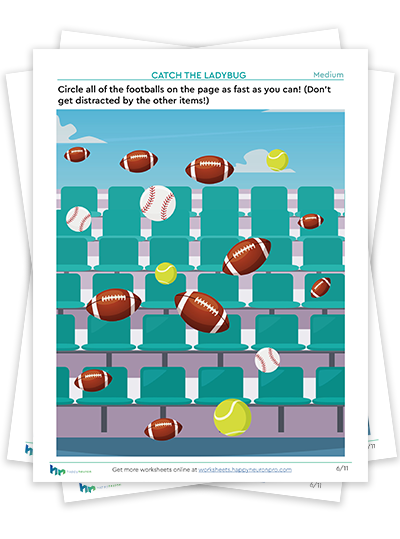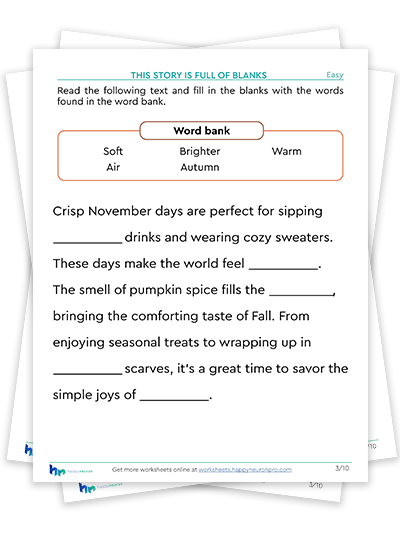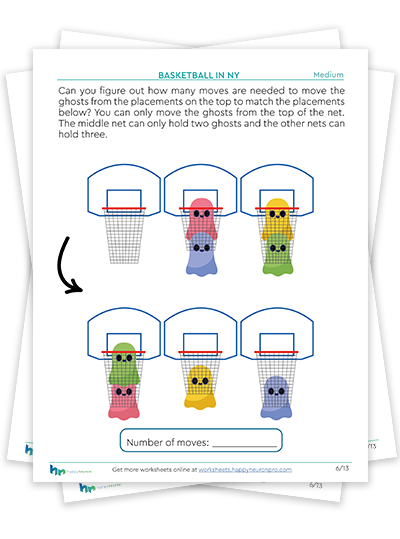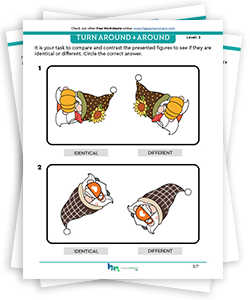Social cognition refers to how we process, store, and use information about interactions with other people. People may have trouble with social cognition and skills due to a brain injury, psychological condition, or developmental disability. To help individuals build social skills, therapists may utilize worksheets that provide exercises focusing on social cognition. These worksheets have exercises that teach individuals how to recognize emotions in others, how to plan a social activity, and how to respond to social situations.
By performing these exercises, individuals might learn strategies to help them handle social situations. They also may be able to find ways to better adapt to new challenges that arise from interacting with different people.
For Boosting Mood
Affective disorders such as depression impact an individual’s emotional, cognitive, and social health. Cognitive training has been shown to promote emotional well-being and reduce the risk of relapsing depression. Psychologists, counselors, and other mental health professionals might be able to provide their patients with cognitive training using cognitive worksheets. Cognitive training focuses on processing speed, attention, memory, executive functioning, and language for individuals with affective disorders.
By working on cognitive skills with affective disorder patients, you might be able to help your patient stimulate their brains, learn strategies to help them manage their emotions and solve problems, as well as help them build confidence. Additionally, offering worksheets that might be easy for an individual as a task could benefit their self-confidence. When an individual learns that they can overcome, solve or complete a task easily, they may start to believe in themselves again. That effect alone could change a person’s mood.
Helping Students Grow
Cognitive worksheets may help students remediate learning disabilities that interfere with academic performance. Academic success requires students to focus during classes, put together pieces of information to learn concepts, manage their coursework, and more. By working on cognitive functions, you might be able to help your students build the skills they need to enact behaviors that will help them succeed in school. Along with the exercises, having your students answer bridging questions will help them reflect upon what is being learned and how their cognitive practice can translate to their academic life.
Your student can perform these cognitive worksheets independently, as part of their homework, or one-on-one with you as a guided therapeutic activity.


